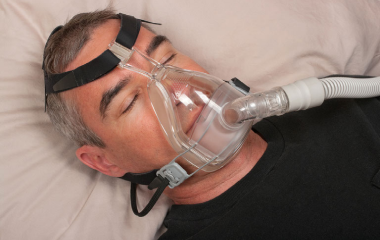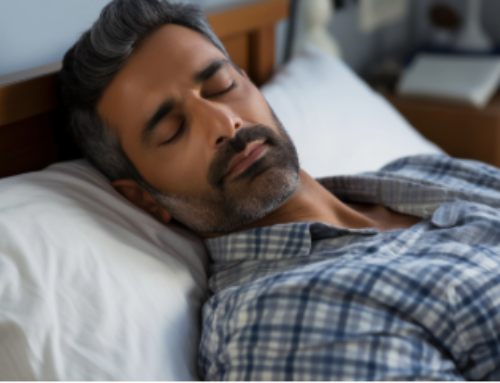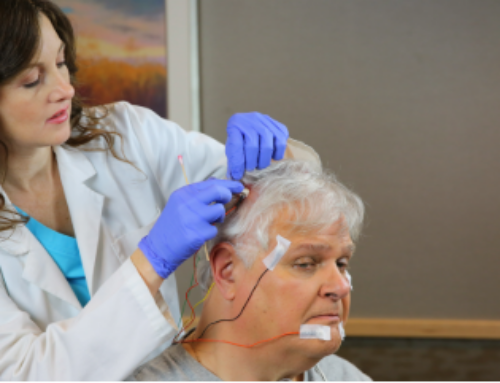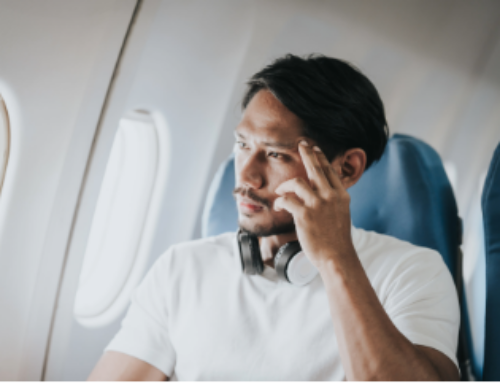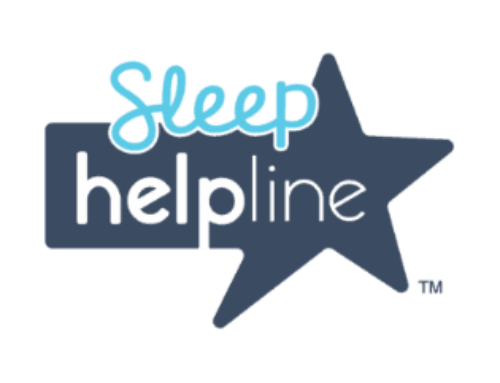Snoring is more than a strain on relationships – it can be a symptom of sleep apnea, a serious health condition. If you are a heavy snorer or think you have sleep apnea, the American Academy of Sleep Medicine recommends that you visit a board-certified sleep physician at an AASM-accredited sleep center. Find a Sleep Center near you…
Below are the sleep disorders, tests, and treatments related to snoring:
- Sleep apnea: Obstructive sleep apnea is a common and dangerous health condition that causes you to stop breathing many times during the night while you sleep. When this happens your body becomes oxygen-deprived and your body may wake up. You might not realize that your sleep was interrupted, but during the following day, you may feel tired or unrefreshed. Sleep apnea is linked to heart disease, stroke, diabetes, obesity, and mortality. Read more…
- Snoring: Snoring is the often loud or harsh sound that can occur as you sleep. When you snore, the flow of air as you breathe makes the tissues in the back of your throat vibrate. The sound most often occurs when you breathe in air. Light snoring may not disrupt your overall sleep quality. Around 50 percent of people snore at some point in their lives. Read more…
- Home sleep apnea testing: Home sleep apnea tests provide a board-certified sleep medicine physician with the information needed to diagnose obstructive sleep apnea. The devices, which appear somewhat similar to portable heart monitors, measure your breathing and blood oxygen level while you sleep. Sleep center staff will show you how to set up the home sleep test. You will learn how to hook it up before you sleep in your bed at your regular bedtime. Many patients with sleep apnea are diagnosed using home sleep apnea testing. Read more…
- In-lab sleep study: An in-lab sleep study provides a board-certified sleep medicine physician with the most complete evaluation of your sleep. You will be required to stay overnight at a sleep center, in a room that oftentimes resembles a hotel room. The in-lab sleep study measures your brain waves, heartbeats, breathing, eye movements, limb movements, and blood oxygen. A sleep physician may recommend an in-lab sleep study when the diagnosis may be more complicated. Read more…
- CPAP: Continuous positive airway pressure is the frontline treatment for obstructive sleep apnea. CPAP keeps your airway open during the night by gently providing a constant stream of air through a mask or nosepiece that you wear while you sleep. This will eliminate breathing pauses caused by sleep apnea. Most CPAP users report feeling better and more alert during the daytime. Patients who use CPAP significantly lower their risk for serious health problems such as diabetes or heart disease. Read more…
- Oral Appliance Therapy: Oral appliance therapy is a treatment for snoring and sleep apnea for patients who cannot tolerate CPAP. It involves wearing a removable oral device in your mouth as you sleep that fits much like a sports mouth guard. Oral appliance therapy is recommended only for mild to moderate obstructive sleep apnea. Read more…

